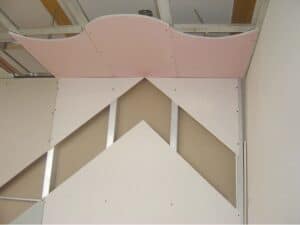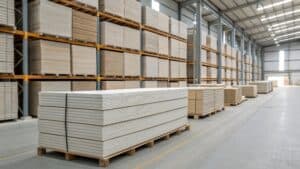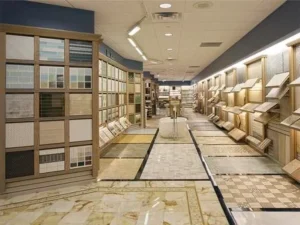Gypsum board is not technically “fireproof,” but it has natural fire-resistant properties that slow heat spread and provide valuable escape time in case of fire.
Gypsum board’s core contains about 21% chemically bound water, which releases as steam when heated, absorbing heat and delaying fire growth.
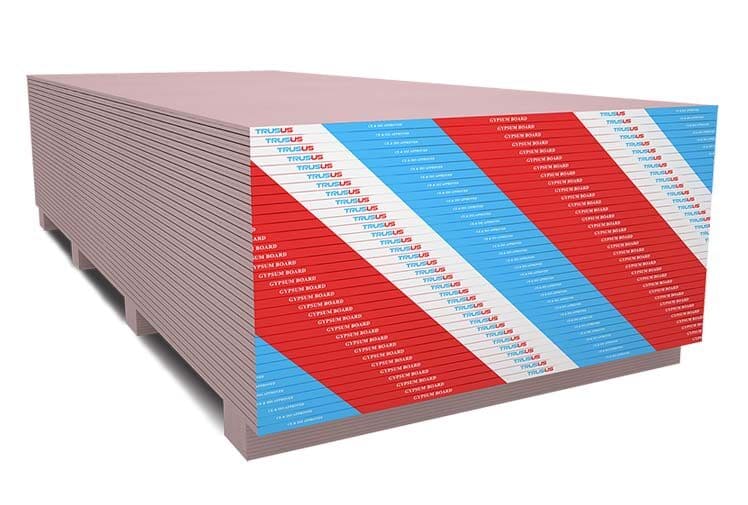
In my work, I’ve seen gypsum board hold back flames much longer than many wall materials thanks to its water content. When exposed to fire, the water turns to steam, absorbing heat and slowing temperature rise. This process buys more time for evacuation and limits structural damage. While standard gypsum board is not a substitute for specialized fire-rated assemblies, it naturally resists fire better than wood or many plastics.
| Material | Fire Resistance Mechanism | Rating Example |
|---|---|---|
| Gypsum Board | Bound water releases steam, absorbs heat | 30 minutes (standard) |
| Fire-rated Board | Added glass fiber and thicker core | 60–240 minutes |
Can gypsum board resist heat?
Gypsum board resists moderate heat thanks to its unique composition.
It can withstand high temperatures temporarily, as the bound water cools the surface until it fully evaporates.
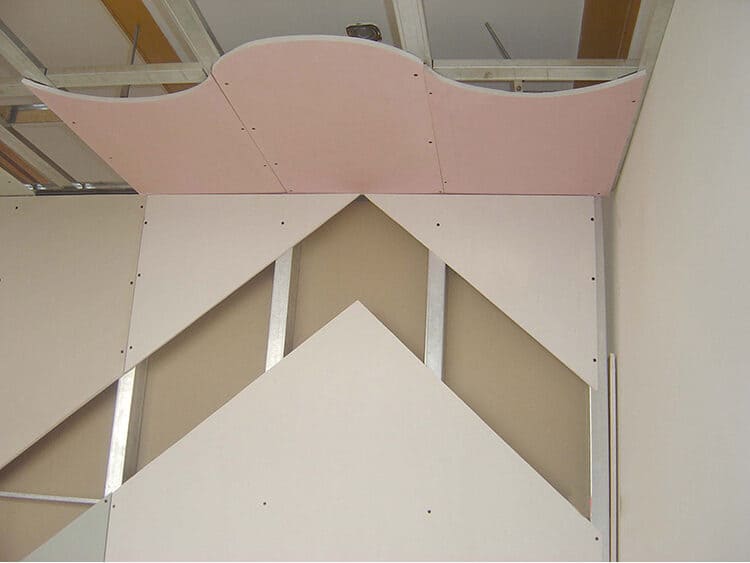
In practice, gypsum board maintains integrity during short-term heat exposure. I have seen walls remain intact during prolonged oven operation or nearby flame tests until the water in the board fully vaporizes. Once that phase ends, the board loses strength quickly, which is why it’s effective in slowing fire but not in continual high heat applications such as furnaces.
| Thickness | Typical Heat Resistance Duration | Notes |
|---|---|---|
| 1/2 inch | ~30 minutes before critical failure | Standard residential board |
| 5/8 inch (X-type) | ~60 minutes before critical failure | Fire-rated board with glass |
How long is gypsum board fire-resistant?
The fire resistance time depends on board type, thickness, and installation method.
Standard 1/2 inch gypsum board offers about 30 minutes, while 5/8 inch fire-rated boards give around 60 minutes, with special systems reaching 2–4 hours.

From construction site observations, the ratings assume proper installation and joint treatment. Doubling the board layers can double or more the rating. Sealing gaps and using fire-resistant insulation behind the board also enhance performance. Some advanced boards include glass fiber reinforcement for extended protection.
| Type | Thickness | Standard Fire Resistance Time |
|---|---|---|
| Standard Gypsum Board | 1/2 inch | ~30 minutes |
| Type X Fire-rated Board | 5/8 inch | ~60 minutes |
| Advanced Composite Board | Varies | 120–240 minutes |
Is there fire-resistant drywall?
Yes, there are drywall products designed specifically for extended fire resistance.
Type X drywall is the most common fire-resistant gypsum board, with added glass fibers and a thicker core for longer performance under fire.

From my experience, Type X drywall is worth using in high-risk areas like kitchens, boiler rooms, and certain commercial buildings. It costs slightly more than standard drywall but offers significant safety benefits. For more demanding applications, manufacturers produce heavier boards with advanced fillers that can resist fire for up to 4 hours when installed in approved assemblies. This is critical in meeting local building codes for safety.
| Product Type | Fire Resistance | Common Application |
|---|---|---|
| Type X Drywall | 60 minutes | Kitchens, boiler rooms |
| Type C Drywall | 90 minutes+ | Commercial buildings |
| Composite Fire Board | 120–240 minutes | Critical infrastructure |
Conclusion
Gypsum board is not “fireproof” but has excellent fire resistance due to its water content. Using fire-rated variants like Type X or multi-layer systems greatly improves building safety.
TRUSUS – Bring beauty to every corner of the world
🌐 www.gypsum-board.com

